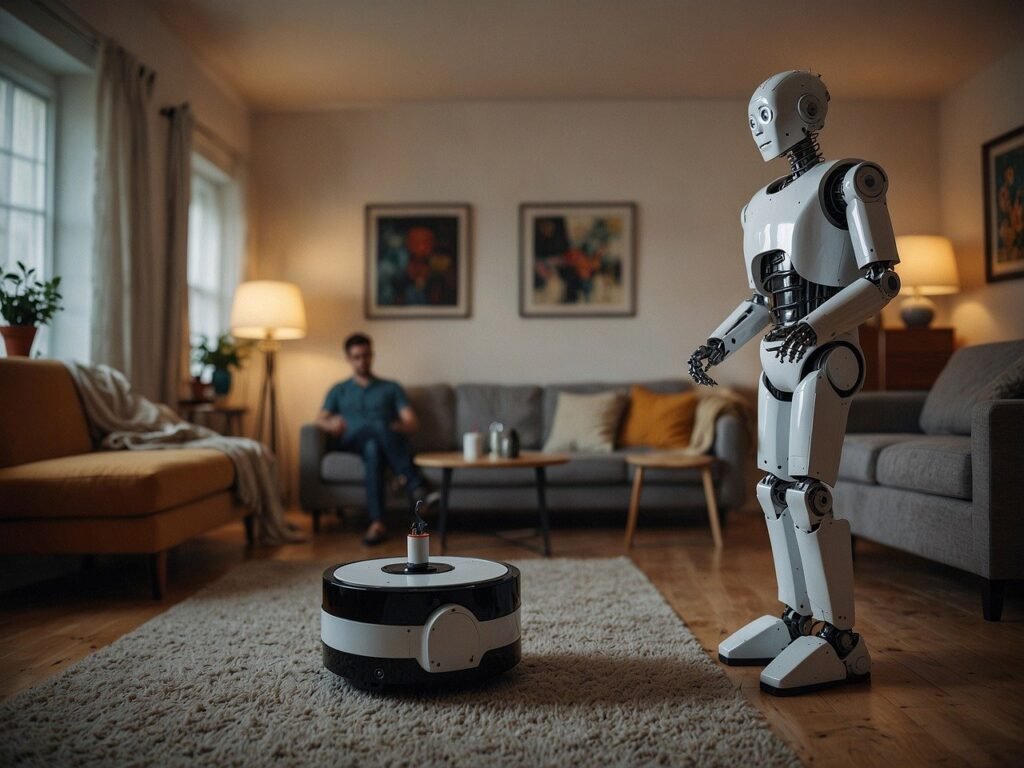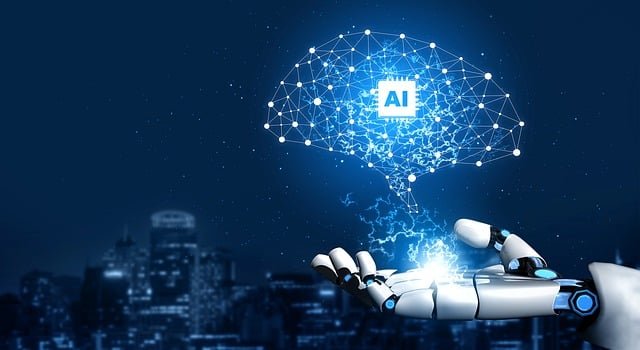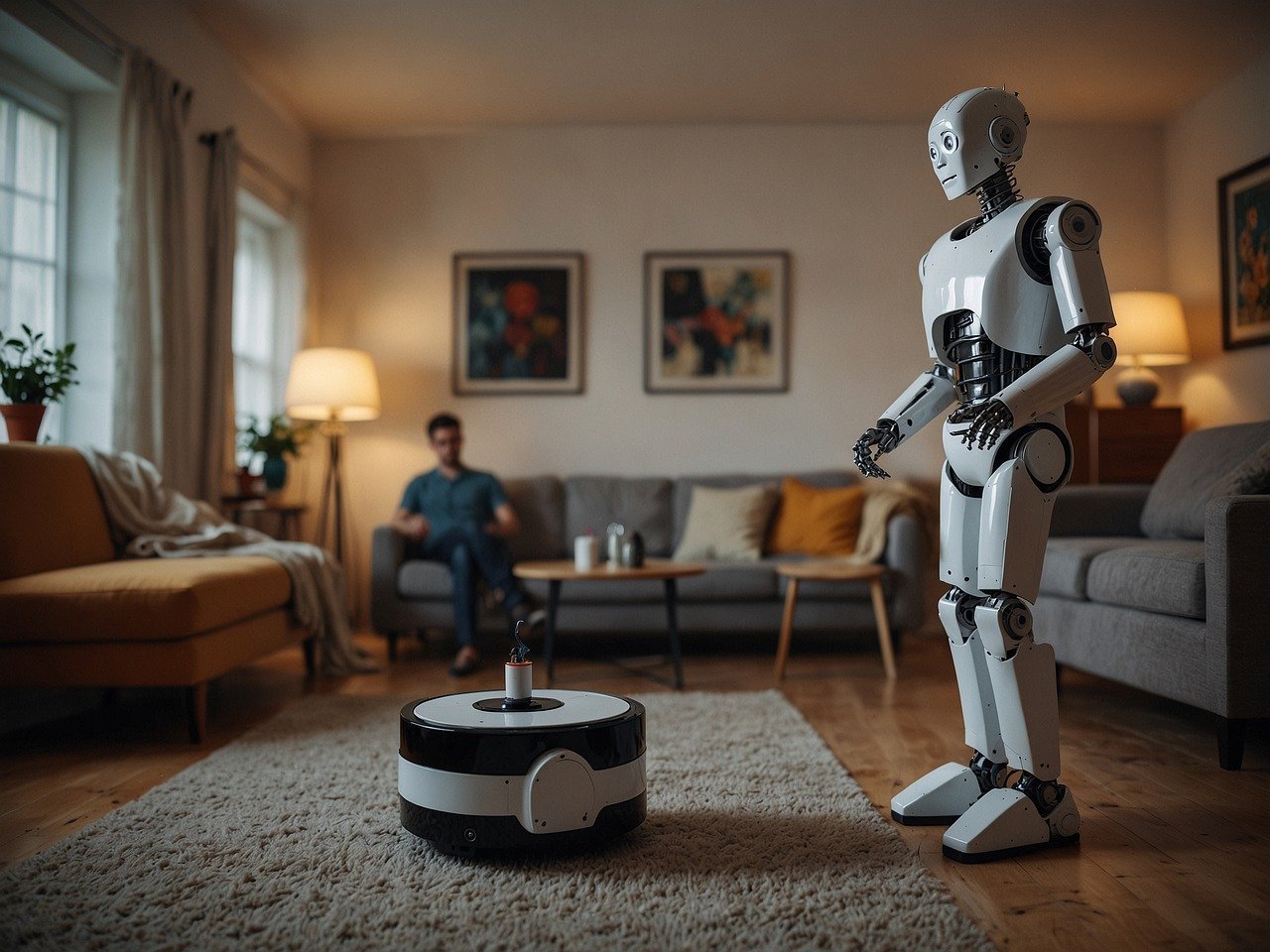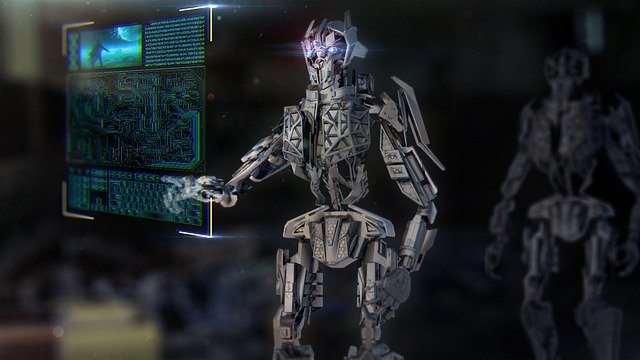In 2024, the integration of AI robots into personal healthcare marks a pivotal transformation in how we manage wellness at home. This surge in robotic assistance offers not just convenience but a substantial elevation in the quality of life, particularly for individuals requiring consistent care. Here’s an in-depth look at how AI robots are reshaping home healthcare, embodying a blend of innovation and compassionate care.

Revolutionizing Home Care with AI Robotics
The concept of robots in healthcare isn’t new, but the sophistication and capabilities of these machines in 2024 are groundbreaking. AI robots are now capable of performing tasks ranging from basic health monitoring to more complex procedures such as administering medication and providing emergency alerts. This technological leap is powered by advances in artificial intelligence, machine learning, and robotics, making these robots an indispensable asset in home care.
Personalized Healthcare Services
One of the most significant advantages of AI robots in home healthcare is their ability to provide personalized care. These robots utilize advanced algorithms to learn and adapt to the specific needs and preferences of their users. Whether it’s managing chronic conditions, ensuring timely medication intake, or offering companionship, AI robots are designed to cater to the unique requirements of each individual, enhancing their ability to live independently.
Enhancing Safety and Accessibility
Safety is a paramount concern in personal healthcare, particularly for the elderly or those with disabilities. AI robots are equipped with features like fall detection, emergency response, and real-time health monitoring, significantly reducing the risk of accidents and enhancing the overall safety of home care environments. Furthermore, these robots are designed to be highly accessible, featuring voice-activated controls and intuitive interfaces that make them easy to use for people of all ages and tech-savviness.
The Role of AI in Continuous Health Monitoring
Continuous health monitoring is another area where AI robots excel. By consistently tracking vital signs and health indicators, these robots can detect potential health issues before they become severe, enabling proactive management of health conditions. This not only ensures timely medical intervention but also reduces the frequency of hospital visits, a boon for both patients and healthcare systems strained by increasing patient numbers.
The Ethical Implications and Public Reception
While the benefits are immense, the deployment of AI robots in home care also raises ethical questions concerning privacy, autonomy, and the changing nature of human-robot relationships. Public reception has been mixed, with excitement about technological advancements tempered by concerns over privacy and the impersonal nature of care. Addressing these concerns transparently and thoughtfully is crucial for the widespread acceptance and successful integration of AI robots into everyday healthcare.
Conclusion
As we move forward in 2024, AI robots are set to become an integral part of home healthcare, promising not only enhanced care and independence for individuals but also presenting new opportunities and challenges in the realm of healthcare technology. With ongoing advancements and thoughtful integration, AI robots have the potential to profoundly transform personal healthcare, making it safer, more efficient, and more accessible than ever before.













Leave a Reply